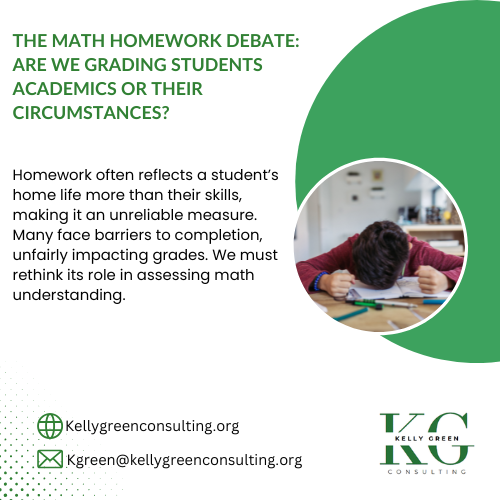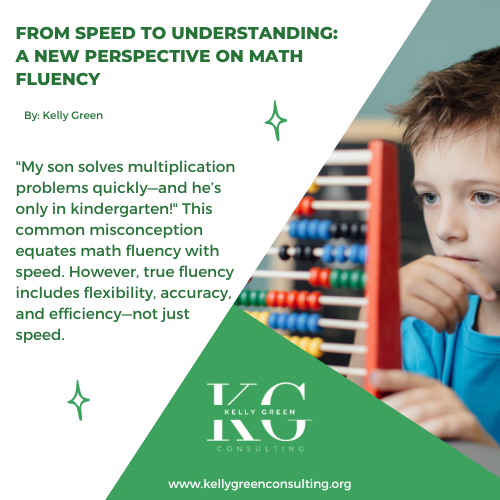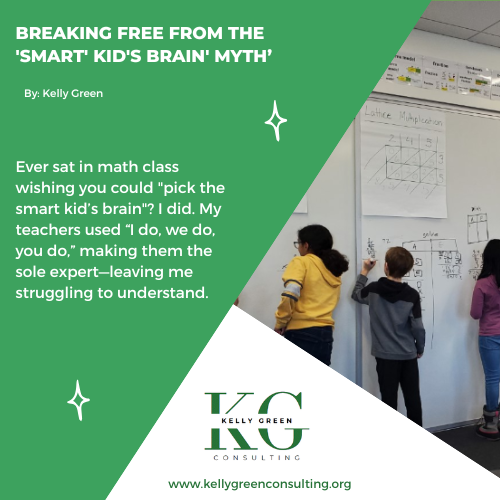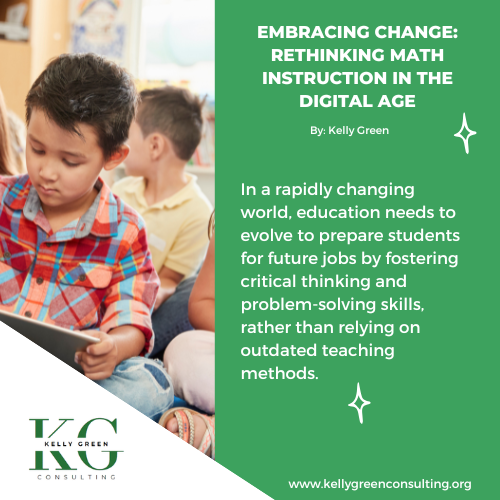
Circle Prompts to Help Build a Mathematical Community
Circle time is a powerful routine that can do more than just build relationships—it can also strengthen your math community. By weaving in simple, thoughtful prompts, teachers can help students reflect on their strategies, prepare for challenges, and grow more confident as mathematicians. This blog shares how to make the most of those morning moments to support student-centered math learning.

Fair, Clear, Meaningful: The Power of Standards-Based Grading
In "Fair, Clear, Meaningful: The Power of Standards-Based Grading," the blog highlights how traditional letter grades fail to show a child's true learning progress. By breaking down skills, standards-based grading offers clearer, more detailed feedback, helping parents understand where their child excels or needs support. It separates academic skills from behavioral factors, providing valuable insights into a student's learning journey.

The MATH Homework Debate: Are We Grading Students Academics or Their Circumstances?
Homework often reflects a student's home life rather than their academic abilities, making it an unreliable measure of their skills. Many children face circumstances that prevent them from completing homework, which unfairly impacts their grades without considering their true understanding. Instead of traditional homework, engaging math activities at home, like measuring ingredients while cooking or playing math games, can provide valuable learning experiences without the added stress. It’s crucial to reassess the role of homework in accurately assessing a child’s mathematical abilities.

From Speed to Understanding: A New Perspective on Math Fluency
As a mathematics specialist, I often hear comments like, “My son can solve multiplication problems quickly, and he is only in kindergarten!” This reflects a common misconception that math fluency equates to speed. Many parents and educators believe that being able to solve problems quickly means a student is a solid mathematician. However, true math fluency encompasses being flexible, accurate, and efficient—not just fast.

BREAKING FREE FROM THE 'SMART' KID'S BRAIN' MYTH’
Were you ever a student in a math classroom that sat there in silence wishing that you could “pick the smart kid’s brain”? I know that I was this kid. My teachers followed a structure called “I do, we do, you do,” which made the teacher the “knower of all” and left me struggling to understand.

EMBRACING CHANGE: RETHINKING MATH INSTRUCTION IN THE DIGITAL AGE
“Alexa, what is 25 times 3?” “Alexa, how many minutes are in 4 hours?” These are the questions that my 8-year-old son asks Alexa daily, reflecting his love for numbers and curiosity about everything related to math. As a math specialist, I want him to solve problems on his own, but I also believe in teaching him to use technology efficiently. In a rapidly changing world, education needs to evolve to prepare students for future jobs by fostering critical thinking and problem-solving skills, rather than relying on outdated teaching methods.

